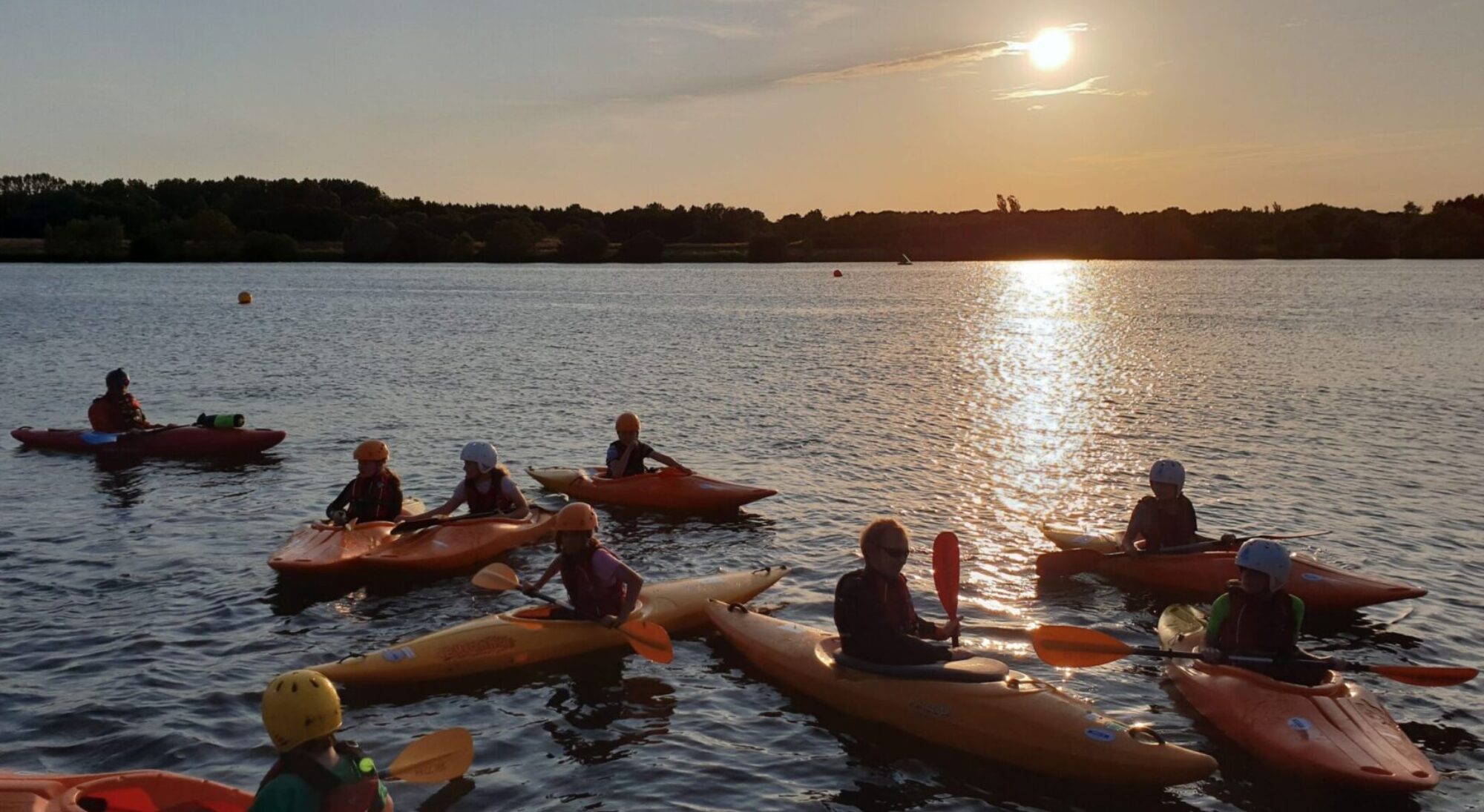For more information please visit the main Scout Association website at https://www.scouts.org.uk and use the search facility. The policy can also be downloaded below as a Word Document to enable access to linked references. However, note that website links often change, therefore refer to The Scout Association website as above.
Social Media Policy
SocialMediaPolicy-Aug23-approved

